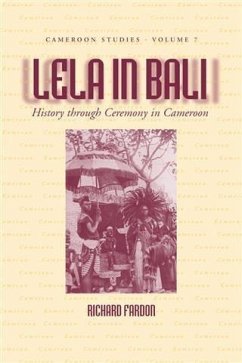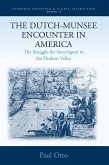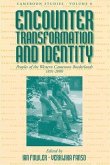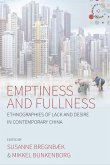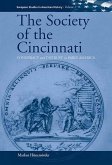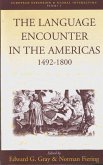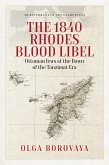Lela in Bali tells the story of an annual festival of eighteenth-century kingdoms in Northern Cameroon that was swept up in the migrations of marauding slave-raiders during the nineteenth century and carried south towards the coast. Lela was transformed first into a mounted durbar, like those of the Muslim states, before evolving in tandem with the German colonial project into a festival of arms. Reinterpreted by missionaries and post-colonial Cameroonians, Lela has become one of the most important of Cameroonian festivals and a crucial marker of identity within the state. Richard Fardon's recuperation of two hundred years of history is an essential contribution not only to Cameroonian studies but also to the broader understanding of the evolution of African cultures.
Dieser Download kann aus rechtlichen Gründen nur mit Rechnungsadresse in A, B, BG, CY, CZ, D, DK, EW, E, FIN, F, GR, HR, H, IRL, I, LT, L, LR, M, NL, PL, P, R, S, SLO, SK ausgeliefert werden.

